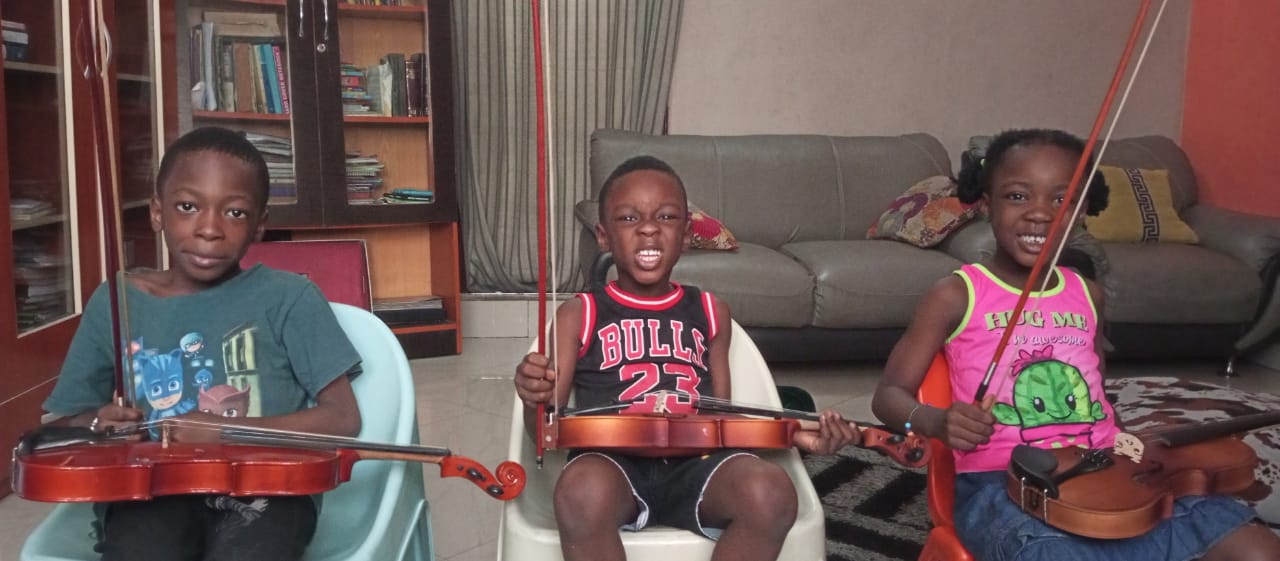Introduction
Helping your child stay motivated to practice music at home can sometimes feel like an uphill battle. While music has endless benefits for personal growth, many kids struggle to keep up with regular practice. Whether they’re distracted by other activities or simply don’t find practice fun, parents often look for ways to encourage consistency. Here are seven effective strategies that will help you motivate your child to practice music at home, ensuring they enjoy the process and continue to improve.
1. Create a Fun and Positive Practice Environment
The first step in motivating your child is to make sure they feel good about their practice environment. A dedicated space that’s welcoming and free of distractions can make a huge difference. Set up a corner of your home where your child can practice without interruptions from TV, video games, or other siblings.
Decorate the space with musical posters, keep their instrument easily accessible, and ensure there’s good lighting. A space that’s enjoyable will make practice feel like less of a chore and more like a special, creative activity.
2. Set Realistic and Achievable Goals
One of the most effective ways to keep kids motivated is by helping them set achievable goals. These can be weekly, monthly, or even daily targets that help break down larger objectives into smaller, manageable tasks. For example, instead of mastering an entire song, focus on learning one section or perfecting a difficult scale.
Make sure the goals are aligned with your child’s skill level. Achieving these goals provides a sense of accomplishment, which motivates them to keep going. Celebrate the small wins to reinforce positive behavior!
3. Incorporate Music into Daily Routine
Like with any activity, consistency is key. By making music practice a regular part of your child’s daily routine, it becomes a habit. Schedule practice at a time when your child is most focused, such as after homework or before dinner, and stick to it every day.
You can also integrate practice into family activities. Encourage your child to perform during family gatherings or set up “concert nights” where they can showcase what they’ve learned. This helps normalize music in their life, making it feel like a fun, daily event.
4. Use Technology to Make Practice Interactive
Technology can be a game-changer when it comes to motivating your child. There are countless apps and online tools designed to make learning music more fun and engaging. For example, apps like Simply Piano or Yousician offer interactive lessons, feedback, and even fun challenges to help your child learn and improve.
These tools can break up the monotony of traditional practice, making the experience feel more like a game. Not only do they help with motivation, but they also provide valuable feedback, allowing your child to improve faster.
5. Encourage Peer Interaction and Group Practice
Practicing alone can sometimes feel isolating for children, so incorporating social elements into their practice routine can be very effective. Arrange for your child to practice with friends who also play instruments, or consider enrolling them in a music group or band.
Being part of a group adds an element of teamwork and responsibility. Plus, learning alongside peers can be a great motivator and adds a fun, social dynamic to practicing music.
6. Offer Rewards and Incentives
Kids love rewards, and offering incentives for consistent practice can go a long way. Set up a reward system where completing a week of practice earns them something small, like extra screen time, a favorite snack, or a special outing.
Just be sure to balance this with intrinsic motivation. While external rewards can kickstart their enthusiasm, it’s important that your child learns to appreciate the joy of music itself over time. Celebrate their improvement and effort to reinforce the idea that practice brings its own rewards.
7. Be a Supportive and Engaged Parent
Finally, your role as a parent is crucial in motivating your child to practice. Show interest in their musical journey, ask about what they’re learning, and listen to their performances. Positive reinforcement can work wonders in keeping their spirits high.
However, it’s important not to pressure them too much. Avoid criticizing mistakes or comparing them to others, as this can lead to frustration and demotivation. Instead, focus on encouraging effort and progress. Celebrate their hard work, and remind them that learning an instrument takes time and patience.
Conclusion
Motivating your child to practice their musical instrument at home doesn’t have to be a struggle. By creating a positive environment, setting achievable goals, using interactive tools, and being a supportive parent, you can foster a love for music that lasts a lifetime. With these seven effective strategies, your child will not only stay motivated but also develop a deep connection to their instrument and enjoy the learning process.


